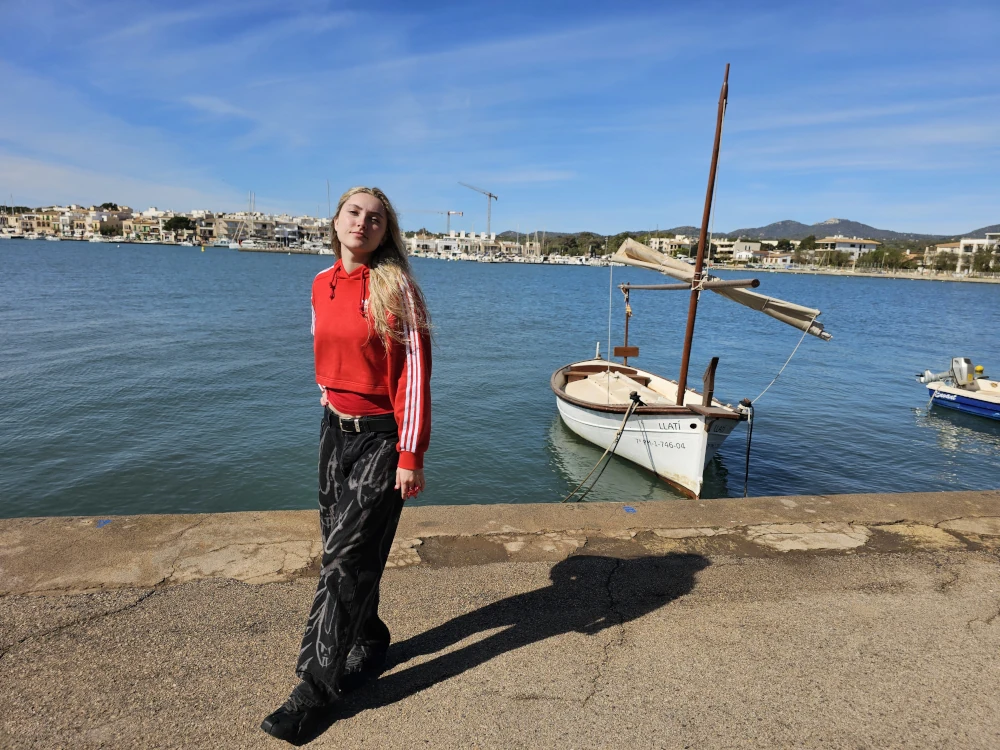
The Mallorcan singer and songwriter Maria Hein in Portocolom.
Immersed in the tour of her second album while the third one is beginning to take shape, singer and songwriter Maria Hein (Felanitx, 2003) champions the Mallorca brand in the Spanish music industry. We spoke with her at her favourite spot on the island, the café in her lifelong neighbourhood in Portocolom.
– How, when, and why did you decide to embark on a music career?
– From the age of 4, I went to music classes. In high school, I started playing with a cover band and composing for myself at home, posting covers on Instagram… So I released my own songs until I got the call from the record label Hidden Track Records and I said wow! I asked myself: do you really want to do this? And I said yes… until today.
– Who are your musical influences?
– There are many, from pop stars to folk singers. Since I was little, I liked Miley Cyrus, then I discovered more folkloric music like that of Maria del Mar Bonet (one of my favourite singers), as well as Silvia Pérez Cruz, Núria Graham, Amaia, Rihanna…
– What do you pay more attention to: Spotify plays, Instagram likes, YouTube views…?
– I look at Spotify to see if my music is being listened to, but I try not to focus too much because you start to get stressed out and it’s not good. It’s something I need to improve on, and I think we all do, being so attentive.
– You describe your first album as organic and your second one as more experimental with synthesizers and autotune. Is this inevitable in today’s era?
– My first album is very pure; I wanted it clean. On the other hand, in the second one, I really wanted to experiment and get more into production, using sampling, synthesizers… You can perfectly avoid using autotune, but I use it occasionally because, depending on the production, the voice can feel very detached from the song.
– What does Mallorca sound like? Do you think there’s a boom of emerging artists on the island?
– I don’t know what it sounds like, but there’s a lot of variety, which is important, and quality. Before, we had 4 or 5 pop-verbena groups and 4 or 5 rock groups. Now you can find folk, jazz, pop, rock, electronic, trap… everything.
– Who would you like to collaborate with?
– With Maria Arnal, Amaia, Judeline… There’s an interesting group of producers in Madrid called Russia-IDK, which includes artists like Ralphie Coo, Tristán! or Rusowsky. I’d love to work with them.
– What do you think about the projection of music in Catalan? Do you think it can limit you?
– I think it’s reaching many places in Spain and that’s very interesting. People think that with Catalan we’re not going to get anywhere, but that’s not true. It’s a language they don’t know and it creates curiosity, just as K-pop does for me.
– Was leaving Mallorca inevitable?
– If I had stayed in Mallorca, I wouldn’t have reached such a large audience because there’s no industry here. If you don’t leave, you get stuck doing festivals and that’s it. And that’s not what I wanted. Living in Barcelona or Madrid allows you to meet people in the industry and that helps you understand how it works.
– You performed at the Mallorca Live Festival and will soon be at the Atlàntida concerts… How do you approach it?
– I’m very happy, I didn’t expect to have so many concerts. I’m excited to play in Mallorca, especially at festivals where I’ve always liked to go as an audience member.


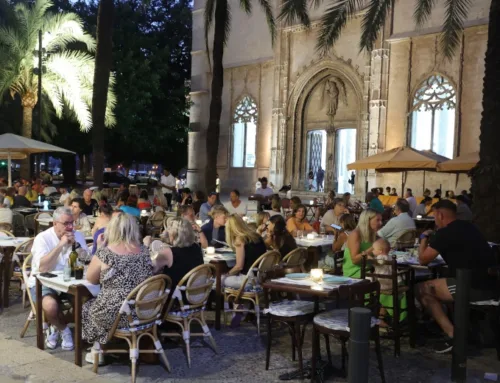
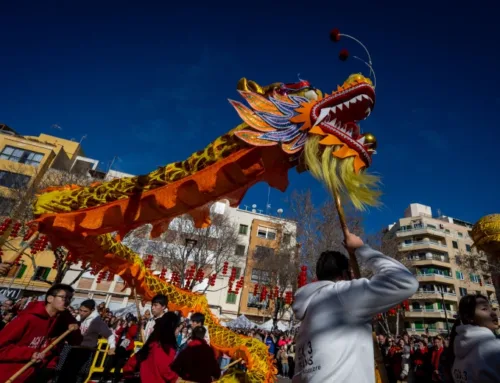
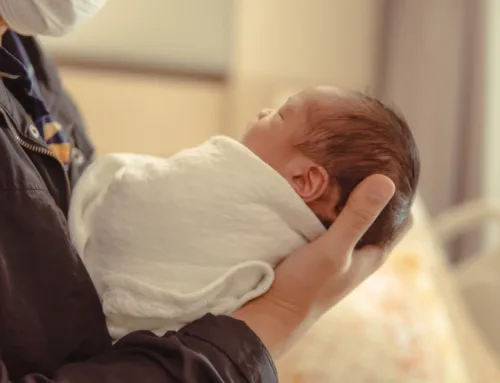
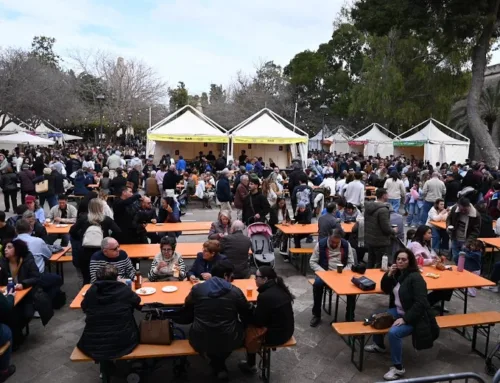
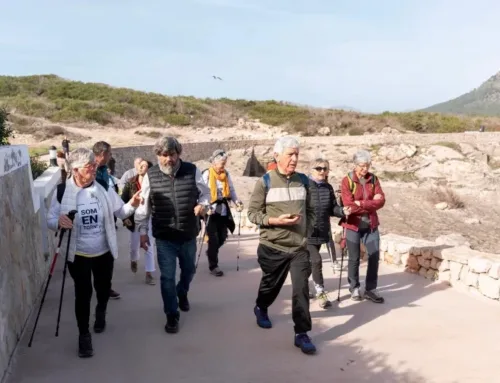

Leave A Comment